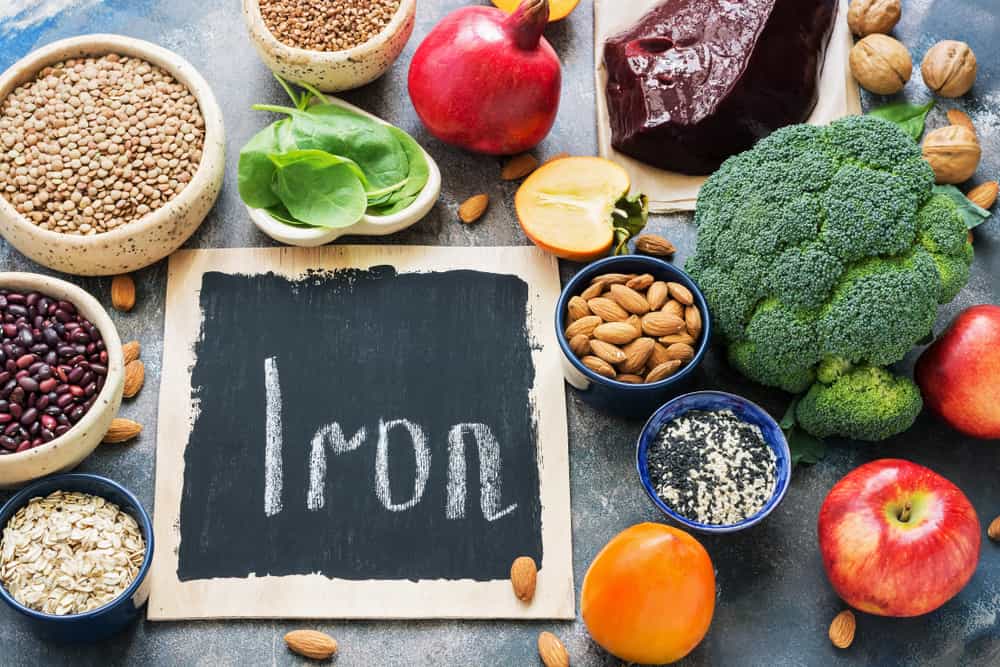Introduction
Saving a life is the most sacred trait in the world. If you save one life, you have safes hundreds of life related to him. Blood donation is an act of saving many lives. You can donate your blood for several causes such as people having any surgery or transplant, cancer patients, accident victims, burned victims, and so on. You can donate blood to anyone who matches your group despite age, gender, race, and religion. Researches show that in the United States of America, blood is needed after every 2 seconds. This is the high rate of blood requirement. Blood donation is healthy and has many advantages to the body of the donor. Regular blood donor has a low tendency to have cardiac diseases, high blood pressure, diabetes, cardiac arrest and so on. Blood donation also improves the immune system of a person. Blood donation keeps the body of a person healthy. It maintains the health and weight of the person to keep him perfectly in shape. Blood donation neither loses nor gains weight. It makes new blood to replace the deficiency of reduced blood. Resulting in a good figure as well as the healthy physique of a donor. Certain things should be considered before you donate your blood. Such as your diet routine, what should you eat before donating blood, what should have been your schedule, how long should have you slept, and so on. Similarly, certain points must be remembered after donating blood. Such as what should you eat or drink after donating blood, what should be your next move, how long should you rest, and vice versa.
Let’s start with what measured precautions should be taken before donating blood.
Related Articles:
- A Fascinating Behind On Food That Causes Anemia: Purposes Behind Anemia & Indications Of Anemia & Diagnosis & Counteraction and treatment
- Food Items That Can Treat Anemia: 15 Best and Worst Foods For Anemia Patients To Eat
- 17 Foods That Cause Low Blood Pressure
- Low Blood Pressure I 17 Early Warning Signs Of Hypotension You Should Not Ignore
- Foods High in Zinc: Top 9 Foods High in Zinc and Their Health Benefits
- Foods High in B12: Top 12 Foods That Are High in Vitamin B12
Food intake before blood donation
Blood donation is a healthy trait but it also can cause slight weakness for some time. Blood Donor must eat a healthy diet so that his blood is more effective for him and the receiver. Before donating the blood, it is highly recommended that the donor should eat iron-rich food items. Food consumption should be done at least 3 hours before blood donation. Make sure that the donor has stable blood pressure, sugar level, and balanced ph. A night of good sleep is also very important as well as effe6for the blood donor. Blood donors should take a good 8 hours of sleep regularly on the days of donation. Avoid eating junk foods and heavy fat food items such as fried food, chips, chocolates, soft drinks, alcohol, burgers, pizza, and pasta, and so on. Following are some of the most important food items that must be added to your diet before you donate your blood.
- Spinach or leafy green vegetables
- Whole grains like peas, beans, or pulses
- Fishes, crabs,
- Organ meat
- Red meat, beef, etc
- Eggs
- Iron-rich food items
Spinach or leafy green vegetables are rich, iron-fortified food items highly recommend before donating blood. A donor must add these food items to his diet in the days of his blood donation. Iron makes hemoglobin in the body that carries oxygen to your body from the lungs. If the donor eats healthy iron riched food items, it helps to store iron before donating the blood. These iron-rich food items contain beef meat, red meat, fish, tuna, shrimp, turkey, chicken, eggs, dried beef, lamb, etc.
Iron-rich vegetables

Likewise, the meat items, certain vegetables contain a rich amount of iron in them. A blood donor must ad these vegetable items into his daily diet before donating the blood. These vegetables help to make the donor’s immunity system strong as well as store extra energy for the aftermath of blood donation. These vegetables include spinach, potatoes, sweet potatoes, beet greens, broccoli, string beans, collards, chard, peas, and so on. These vegetables work as the energy dose for the person who is going to donate his blood.
